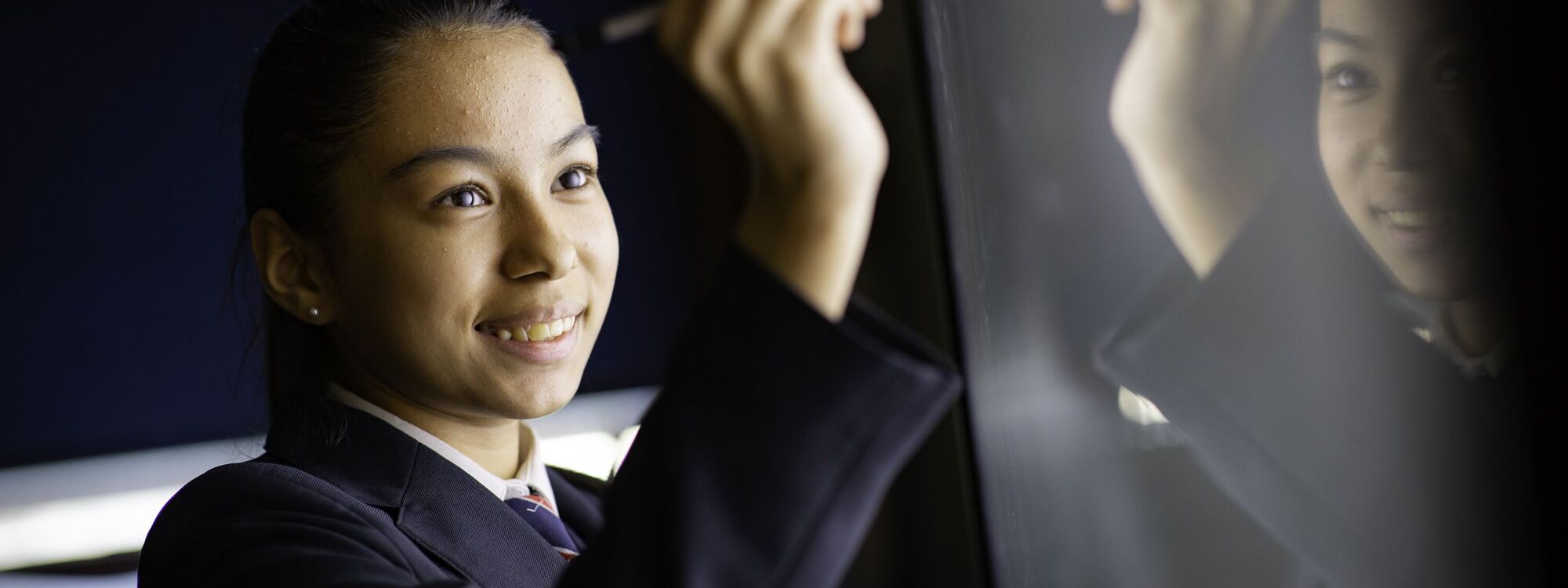- Home
- Key Information
- Curriculum
- Early Years
Early Years
"Children learn as they play. Most importantly, in play children learn how to learn". O. Fred Donaldson
Early Years Is...
A subject which provides deep knowledge and understanding of child development for use in both personal and professional fields to enhance the life chances of others.The curriculum focuses on the holistic development of young children. Students learn about the stages of child development; the necessity for fairness and inclusive practice; and factors that can affect a child’s development. In addition, students deepen their knowledge through completing work placements. We empower our students to make a positive and long lasting impact on the lives of others.
Sequence of Learning
|
Year |
Autumn 1 |
Autumn 2 |
Spring 1 |
Spring 2 |
Summer |
|
|---|---|---|---|---|---|---|
|
Content Area 1 |
Content Area 2 |
Content Area 3Care routines, play and activities to support the child |
Content Area 4 |
Content Area 6 Content Area 7 Roles and responsibilities |
Content Area 8 |
|
|
10 |
What are the main areas of development? What are the key milestones in each area of development? How can we support children’s learning and development in all areas? Why is holistic development important? |
How do transitions affect children and how can we support them? What are the strategies to support transitions? How can biological and environmental factors affect areas of development? How can the key person support children in the setting? |
How do routines support children? What is the role of the practitioner during play activities? How do different types of play support children’s development? How do basic care routines support children? |
What are the different types of early years provision? What are the variations in early years provision? What are the different types of early years settings? What are the key legislations and policies and procedures in early years? |
What are the expectations of the early years practitioner? What are the roles and responsibilities of an early years practitioner? What are the specialist roles within/outside the early years settings? How partnership working benefits the child, family and practitioner? |
How do observations support child development? What methods can we use to observe children’s development? What is the purpose of a child-centred approach? What is the purpose of the planning cycle? |
|
11 |
Review & Reteach contents 1-9 | Revision for Non-examined assessment | Start Non-examined Assessment | Completion of Non-examined Assessment | Revision of all content areas and exam practice | |
|
Reflect and reteach content areas |
Mock Coursework practice The NEA will assess the learner’s ability to effectively draw together their knowledge, understanding and skills from across the whole vocational area. The NEA consists of 6 tasks, students will use problem solving skills to demonstrate their capability to apply knowledge, demonstrate their capability to apply knowledge, understanding and skills across all content areas that are being assessed. |
Completing coursework (50% Weighting) Research task (2 hours) Tasks 1-6 (14 hours)
|
Exam (50% Weighting) Walk and talk papers Practising 6 and 9 marker questions Exam papers set for homework Content areas accessible on Google classroom Revision booklets |
|||
GCSE Exams: Cache NCFE Level 1/2 Technical Award in Child Development and Care





